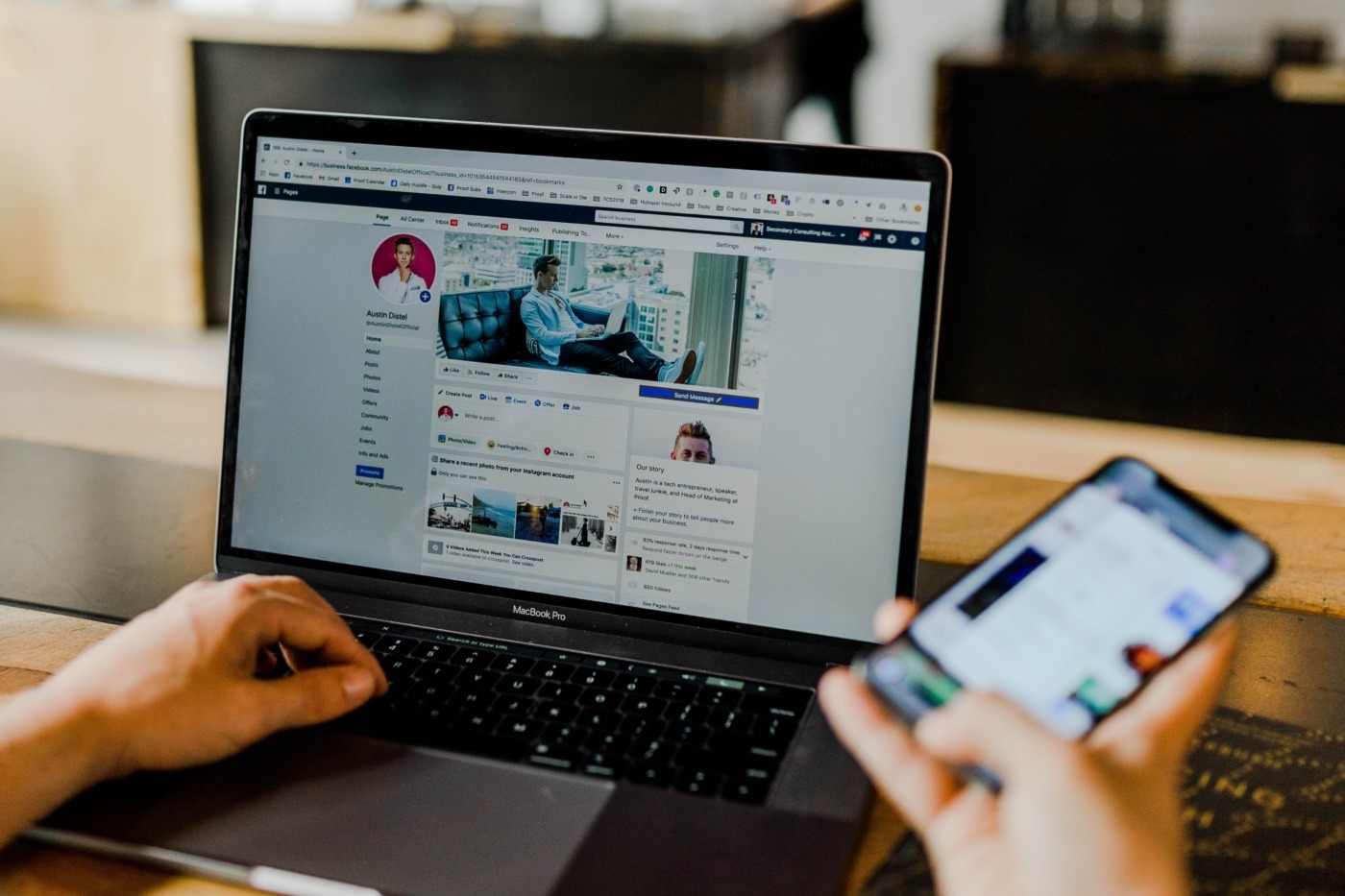The effects of ‘doomscrolling’ and social media on students
It’s 2 am and once again I am half-awake, scrolling through Twitter even though I should have been asleep hours ago. The endless stream of apocalyptic headlines and terror-inducing commentary seems to call to me, begging me to read just one more article. I know I should put my phone down and go to sleep, but I can’t seem to stop scrolling. Does this sound familiar? Well, you aren’t alone.
The phenomenon of ‘doomscrolling’, or ‘doomsurfing’, is defined by Merriam-Webster as: “the tendency to continue to surf or scroll through bad news, even though that news is saddening, disheartening, or depressing […] without the ability to stop or step back.”
The endless void of social media can often lead to us feeling less in control than ever
It is no surprise that the pandemic has caused many to find themselves experiencing the intoxicating pull of reading just one article more. Twitter has seen a rise in usage of 24% since the start of the pandemic, as many of us search for empty reassurances to counteract our grim reality. Yet, why do we put ourselves through this anxiety-inducing ritual over and over again?
Some have suggested that we are naturally drawn towards negative, harmful information as a defensive mechanism inherited from our ancestors. By understanding our threats, we could develop more effective defences or avoid them altogether.
Though this instinct is what allowed us to survive long ago, attempting to know everything in the online age of endless information at our fingertips can do us more harm than good. In the face of uncertainty, the search for any certainty can lead us to absorb false, sensationalised information that builds our anxiety. The endless void of social media can often lead to us feeling less in control than ever. Isolation, depression, stress, and disrupted sleep – this is the impact doomscrolling has on us.
The curse of clickbait compels us to read on and on
Additionally, the more negative content we consume, the more algorithms become programmed to show it to us. Doomscrolling traps us in a vicious cycle of negativity. You, however, can break free. While keeping up to date on current affairs is important, there is only so much news our minds can take before they experience information overload.
Social media is a prime offender. Anyone can say pretty much anything, meaning we often encounter contradictory statements with no indication if either has any truth behind them whatsoever. To combat this, I recommend being more mindful in what content we consume. Limiting our time spent reading stories and avoiding sources that appear to be overly-catastrophising, is important to preserve our mental wellbeing.
For some of us, doomscrolling is yet another form of procrastination from whatever we should be doing. Rather than idly binge-watching a Netflix series, doomscrolling can have a toxic impact on our productivity through the stress it generates, making it difficult to concentrate. If doomscrolling is a procrastination crutch of yours, maybe it’s time to turn off your phone and do something that brings you joy.
Being able to engage in meaningful social action, raising awareness and amplifying the voices of others is incredibly important
The innate human desire to want to know as much as possible about our surroundings is understandable, given our ancestors required this information to survive. Yet, in the digital age, information is generated far quicker than we could ever consume it. The curse of clickbait compels us to read on and on. It can feel overwhelming and recognising that is an important part of protecting ourselves from the toxicity of doomscrolling.
Of course, this is not to suggest that social media and the news should be avoided altogether. In 2020 we saw the internet at its most effective when spreading awareness and education relating to the Black Lives Matter movement, engaging more people than ever before in the discussion surrounding police brutality and systematic racism.
In a time when we are confined to the four walls of our homes, being able to engage in meaningful social action, raising awareness and amplifying the voices of others is incredibly important. Our capacity to assist in these important causes is limited by our mental wellbeing – thus, being mindful of the content we consume and setting firm limits is key for our engagement in these vital discussions.
Turn off your phone, put it away, and find something to do that will make you happy
However, no matter how much time you spend scrolling Twitter, Instagram, TikTok, it will not alone change the concerning course of world events. You can only control your own actions, and now more than ever it is vital to prioritise our wellbeing over being swept up by the latest apocalyptic craze.
So if you’re facing the temptation of just one more article, try choosing to prioritise your own wellbeing. Turn off your phone, put it away, and find something to do that will make you happy. I promise you won’t regret it.

Comments